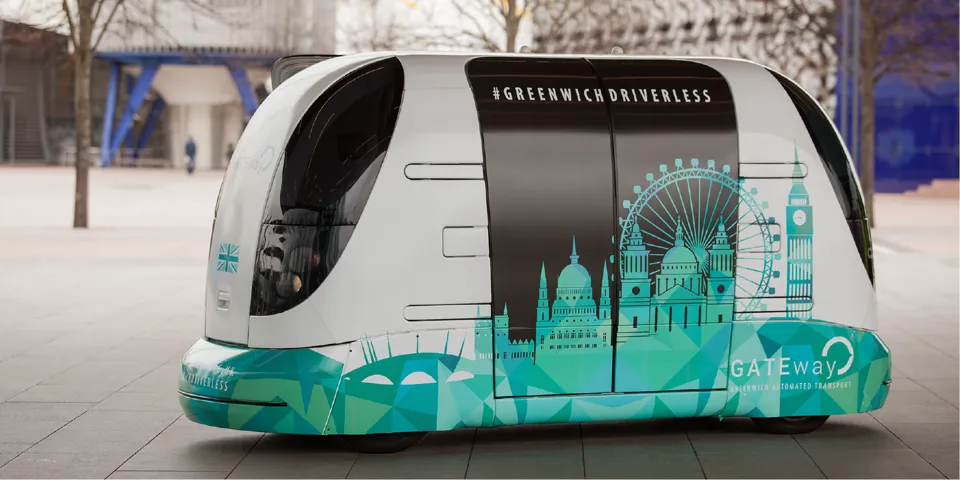PA Consulting Group's latest research on autonomous vehicles (AVs) suggests that despite much hype, they are more than 10 years away from being a common sight on UK roads.
The organisation's findings revealed that while progress is being made around technology, the rest of the ecosystem to support driverless cars – for example regulation, insurance, compliance, roads, users – still needs a lot of development.
The recent launch of the Government’s Meridian Scheme progressed plans for CAV technology development in the UK.
However, PA research shows that regulation and legislation could be the biggest road blockers for the UK when accepting AVs on to the roads.
Legislative requirements around the Government’s right to access data could affect the technology and a lack of usable technology will make connectivity and security impossible to achieve, slowing progress down.
Conversely, insurance could be one of the quickest to achieve its full capability as it can develop the relevant policies. However, with insufficient regulations, the question of liability remains.
There are also key issues around public acceptability.
Elsewhere in Europe, PA’s research suggests the Nordics are further ahead when it comes to technology and regulations.
Charlie Henderson, roads expert, PA Consulting Group said: “The Government’s launch of the Meridian scheme is a good first step.
"However, what we now need is a clear national strategy for the UK to know how it can make the most of AVs, or we face being left far behind our European neighbours.
“While manufactures and the media talk enthusiastically about mass uptake of autonomous vehicles, the reality is that there are a number of significant technological, legislative and public confidence barriers.
“The key to speeding up progress is all about developing public confidence.
"For this to happen, we must: be clear about the social and economic benefits of driverless cars; define what skills the UK needs to realise those benefits; create a framework of regulations for driverless and conventional cars to co-exist; develop a cyber security framework to boost consumer confidence; and create incentives to include AV technologies in new or existing cars.
“The Nordic countries seem to be much ahead than the UK; perhaps reflecting their more positive, enthusiastic cultural outlook.
"The challenge is to follow-through – getting working autonomous vehicles on to our roads and ensuring that the public are confident and safe to use them.
"Some of the Nordic countries are small and that makes it easier to push ahead and coordinate the introduction of autonomous vehicles.
"Some of our roads regulation is dated, the legislative process can be slow and difficult in comparison with other countries, and we have a large number of bodies involved in managing our roads network.
"Despite the ambitions of our politicians, we are a cautious country and this makes it hard to move at pace.”
Progress and barriers in each capability
|
Capability |
Consideration |
|
Technology |
Research and testing is well underway, but there is more to be done. |
|
Regulations and laws |
Road regulations will need a complete overhaul. |
|
Public acceptance |
Few people have had contact with AVs and the realities are misunderstood. |
|
Compliance |
Road worthiness needs a standard to test against. |
|
Roads |
Needs to be part of a national transport strategy. |
|
Insurance |
It’s uncertain where the liability will lie. |

















Login to comment
Comments
No comments have been made yet.